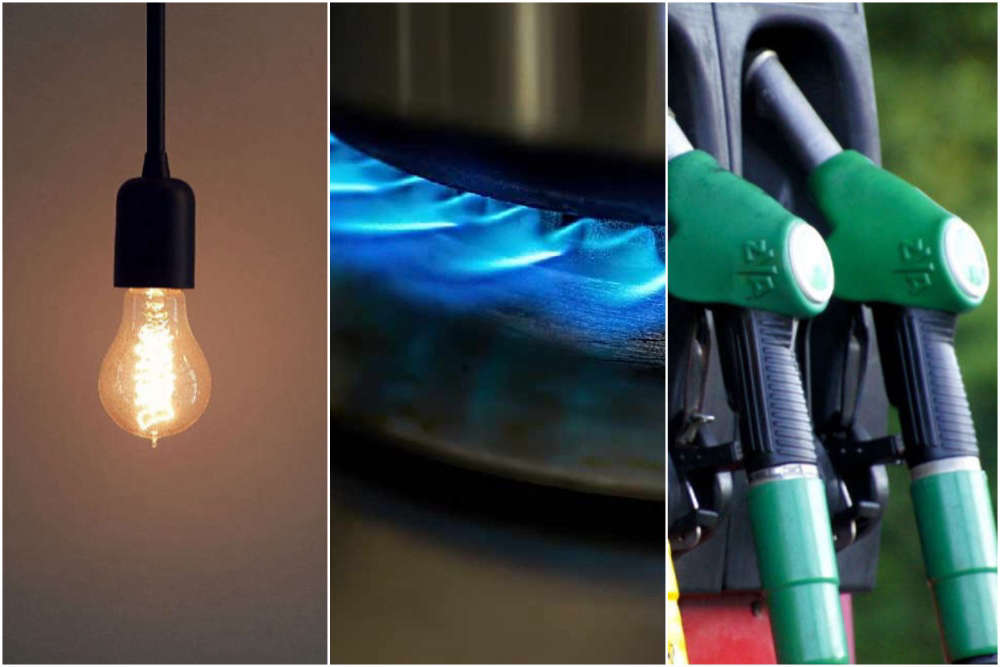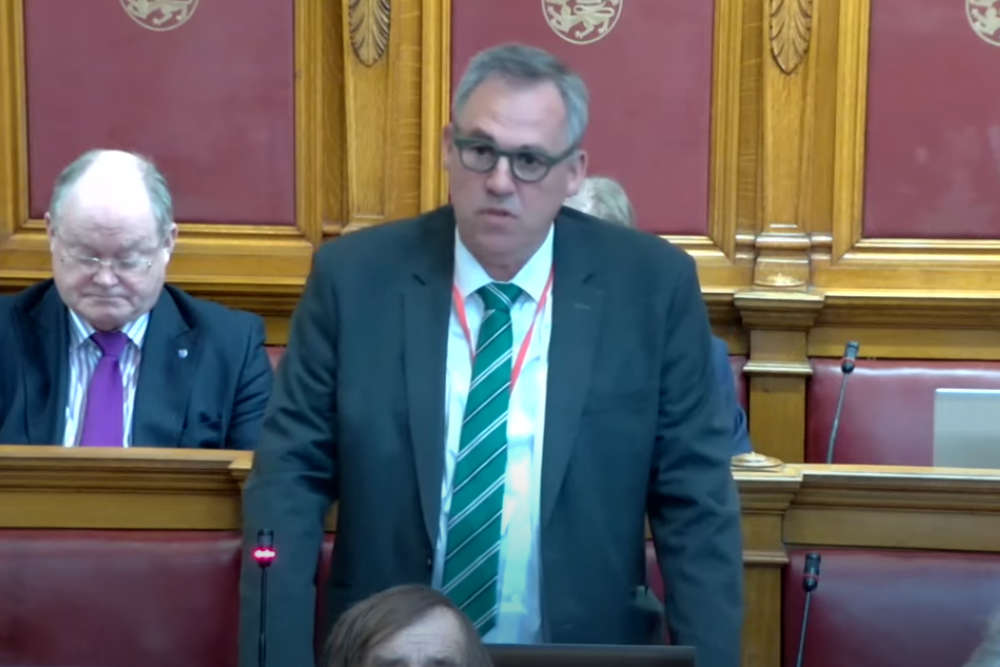
Jersey's government must take action to ensure the island could withstand threats to its energy supplies.
The Comptroller and Auditor General has reviewed the island's energy resilience and found there is much to be done.
Lynn Pamment says there is no definition of critical national infrastructure and, although there has been learning from recent major incidents including the Covid-19 pandemic, Haut du Mont explosion and last October's island-wide gas outage, she says there remains 'a great deal to do to bring that learning into effect'.
She has concluded that the capacity in government to manage resilience is 'very limited' and arrangements are 'very weak'.
Her report says that no single person, team or department is responsible for co-ordinating energy matters and a lack of a coherent, joined up approach.
"Jersey’s critical infrastructure can be described as those physical facilities, supply chains, information technologies and communication networks which, if destroyed, degraded or rendered unavailable for an extended period, would significantly impact the social or economic wellbeing of Jersey or affect Jersey's ability to ensure national security."
Work on a Resilience Law is underway, focusing on 'anticipating and resisting critical incidents'. It is due to be introduced in phases, starting before the end of 2025.
But Ms Pamment says urgent action is required to put in place a robust Community Risk Register and that clear, resourced action plans need to be developed.
"Significant public funds can be spent responding to emergencies relating to critical infrastructure. It is important for Jersey to have in place an effective resilience framework supported by effective resilience plans and procedures across the States, asset owners and operators.
"Critical incidents in recent years should be the catalyst for the government and its partners to address weaknesses in managing energy resilience. There is work to be undertaken by Government to enable it, as community leader, to provide Islanders with assurance on energy supply, fuel storage and distribution."

Infrastructure Minister Andy Jehan has responded the the C&AG's report, which he says involved input from all of Jersey's energy providers:
“Storm Ciarán, the Haut du Mont disaster and the other major incidents of the last two years have shown how resilient Jersey is, and how effective we are when we all work together.
But the new Government is the first to acknowledge there is still more to be done on our resilience in the current challenging global environment, and we are already working to put the necessary measures in place.
“The Government is working to improve our resilience laws and community risk register, and we will look carefully at how we can best address the other potential improvements highlighted in the Comptroller and Auditor General’s review.
He adds that the government continues to work closely with local energy providers, and expects them to respond 'practically and promptly' to the findings, especially in terms of resilience planning.


 New Year's Eve evacuation near Howard Davis Park due to gas leak
New Year's Eve evacuation near Howard Davis Park due to gas leak
 Plans submitted for Millbrook Park extension
Plans submitted for Millbrook Park extension
 Five Jersey residents on New Year Honours List
Five Jersey residents on New Year Honours List
 All-Jersey cast and chorus take to The Opera House stage
All-Jersey cast and chorus take to The Opera House stage
 Trekkers raise £25K for Dementia Jersey
Trekkers raise £25K for Dementia Jersey
 Alleged road rage assault on Christmas Eve
Alleged road rage assault on Christmas Eve
 Jersey's first Christmas Tractor Run raises more than £10k
Jersey's first Christmas Tractor Run raises more than £10k
 Finish line looms for school's Advent Challenge
Finish line looms for school's Advent Challenge




